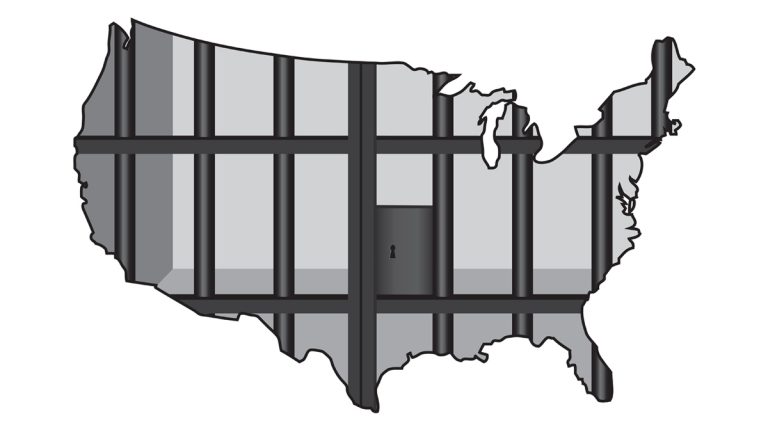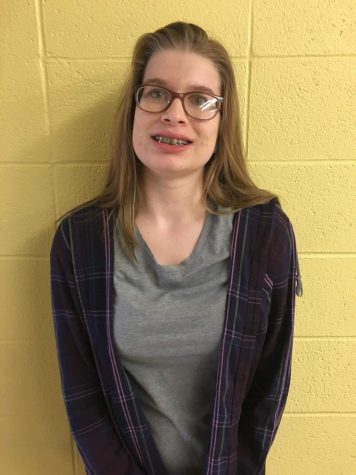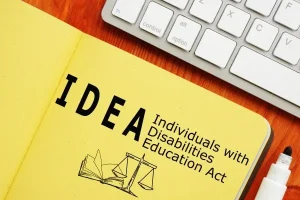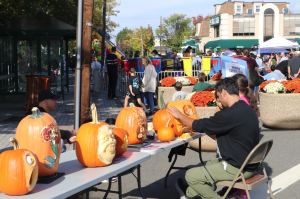America, We Have a Problem: Mass Incarceration
January 10, 2020
The United States has the highest rate of incarceration per capita of any country in the world. According to the Prison Policy Initiative, 2.2 million people were incarcerated in America in 2018. Mass incarceration is hurting the nation in many ways.
The issue of mass incarceration disproportionately affects communities of color and poor people. Despite white people committing the same percentage of crimes as people of color, especially African Americans and Latinx, people of color are convicted at a higher rate than whites. According to the American Civil Liberties Union, one in three black men, one in six Latino men, and one in seventeen white men will be incarcerated in their lifetime. The Sentencing Project says that the rate of African American incarceration in state prisons is 5.1 times that of whites. In New Jersey, Iowa, Minnesota, Vermont, and Wisconsin, the ratio of incarceration for African Americans to white people is more than ten to one. The rise of incarceration in the 1970s caused the racial disparity, and ever since it has devastated people of color and their families.
For women’s incarceration, reform has been lacking. The Prison Policy Initiative’s article on the prison population found that “in 35 states, women’s population numbers have fared worse than men’s, and in a few extraordinary states, women’s prison populations have even grown enough to counteract reductions in the men’s population.” This affects women of color the most. For African American women, the rate of incarceration is double that of white women, says the NAACP. For Latina women, the rate more than doubles that of white women. This disparity will get worse if women’s incarceration reform is ignored in the fight against mass incarceration.
Studies have shown that decreasing the rate of incarceration would have positive effects. For example, the government would have more money for important things like healthcare and the improvement of education. The Brennan Center for Justice says that justice reform will “pose little to no threat to the public” and that hundreds of billions of dollars can be saved through its plan, which includes reforming the bail system, decreasing time served, and reevaluating who is imprisoned.
There are misconceptions about incarceration that impede justice reform. According to the Prison Policy Initiative, Americans think it means letting out people who have committed violent crimes. They think it means that legalizing marijuana will be the sole fix of mass incarceration. They think the big problem, above all else, is with private prisons.
The main problem with mass incarceration resides with jails. According to the Prison Policy Initiative, 70 percent of people in jail have not been convicted. They are awaiting trial and in many cases cannot afford bail. Vox.com states that bail for misdemeanors is typically less than $10,000 nationwide. Here is the real problem: 63 percent of Americans do not have $500 for an emergency, according to Forbes. This leaves 70 percent in jail for weeks, months even, before their trial if they do not have the bail money. America is criminalizing the poor.
Who benefits most from mass incarceration? When answering this question, it becomes apparent that public prisons are worse than private prisons. Although the U.S. leads the world in private prison population, this only accounts for 8 percent of those incarcerated. Private prisons have problems, but eliminating them would not be the only solution to mass incarceration. Back to the question. According to the Prison Policy Initiative, plenty of people are benefiting from mass incarceration. These include companies that provide any resources to public prisons, such as food and phone service, state governments, police, and public corrections agencies. Public prisons benefit more than private prisons from mass incarceration.
Overall, mass incarceration only benefits those who get money from it. The U.S. spends way too much to keep so many people in prison. The solution to mass incarceration will not happen overnight, and no one thing will solve the situation. Some solutions include reducing bail, rethinking who goes to jail, making who goes to prison equal for all people no matter race, gender, or socioeconomic status, and reducing time served. The only way to change it is to fix the system as a whole. America, we have a problem.
Picture to use:
Source: WHYY, Philadelphia
https://whyy.org/articles/ending-mass-incarceration-takes-more-than-obama-and-the-naacp/


















































































































































